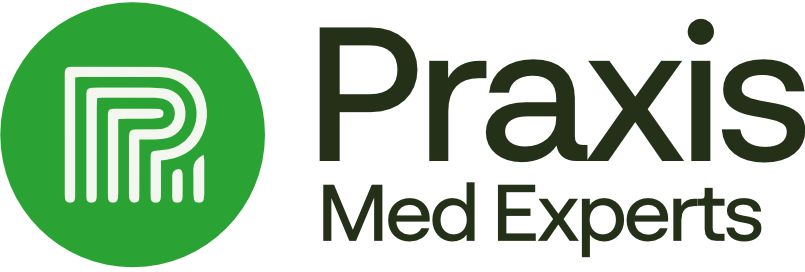Strategies for Uncovering Hidden Bias in Expert Witnesses
- Dr. Asfour
- Dec 12, 2024
- 2 min read
Updated: Jan 15

In our previous posts, we discussed the impact of biased expert testimony and identified eight common patterns of bias. Now, we turn our attention to practical strategies for uncovering these hidden biases.
As a legal professional, your role goes beyond simply recognizing potential bias—you must also be proactive in vetting expert witnesses to ensure their testimony is as objective and reliable as possible. This process requires a combination of thorough investigation, critical thinking, and strategic questioning.
In this post, we'll explore five key strategies that can help you dig deeper into an expert's background, methodology, and potential biases. These techniques will not only help you identify potential issues but also strengthen your overall case by ensuring that your expert testimony stands up to scrutiny.
Remember, the goal is to understand and mitigate any existing biases. Let's explore these strategies for uncovering hidden bias in expert witnesses.
Deep Dive into Credentials
Go beyond the impressive-looking CV. Dig into the expert's publication history, professional affiliations, and previous testimony. A well-rounded expert should have a diverse background that demonstrates objectivity.
Follow the Money Trail
Let's face it: expert testimony can be a lucrative gig. Investigate the expert's financial arrangements and frequency of testimony. An expert who derives a significant portion of their income from courtroom appearances, especially if they predominantly testify for one side, might have an incentive to tell you what you want to hear.
Methodology Under the Microscope
A truly unbiased expert should be able to walk you through their process step-by-step, like a master chef explaining a complex recipe. If their methodology is more black box than open book, it's time to start asking questions.
The Hypothetical Challenge
Present your expert with hypothetical scenarios that flip the script. How do they respond when the facts are reversed? A truly objective expert's analysis should remain consistent, regardless of which side benefits.
Peer Review Litmus Test
In the scientific community, peer review is the gold standard for validating research. An expert confident in their objectivity should welcome peer scrutiny of their methodology and conclusions.
The Power of Unbiased Testimony
The ability to identify and mitigate bias in expert testimony is crucial for ensuring fair legal proceedings. The goal is not to discredit expert witnesses but to ensure their valuable insights contribute to fair and just legal outcomes. By being aware of potential biases, legal professionals can work more effectively with experts to serve the interests of justice.
Contact us for more information on working with medical expert witnesses. We're committed to connecting legal professionals with highly qualified experts who prioritize clear, objective testimony.
Disclaimer: This post provides general information about potential biases in expert witness testimony for educational purposes only. It does not constitute legal advice.


